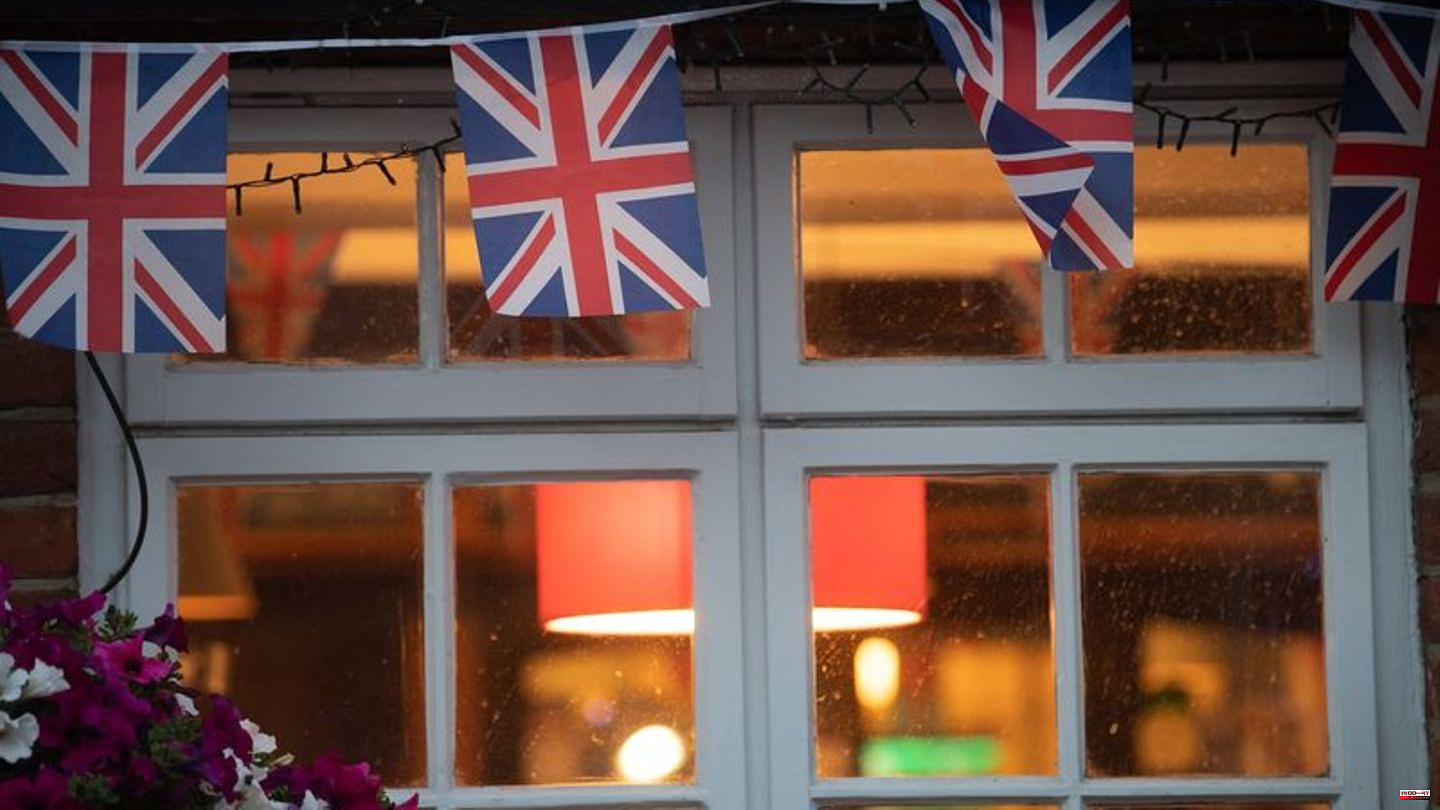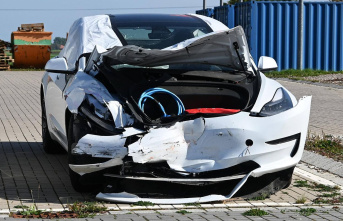The number of British pubs continues to decline. Between January and June 2022, 485 pubs closed, according to a study by the Campaign for Real Ale (CAMRA) initiative. This almost doubled the speed at which pubs are closing compared to the second half of 2021.
The British Beer and Pub Association (BBPA) emphasizes that the pubs, which are also popular with tourists because of their rustic character, are being hit particularly hard by the rising cost of living. "You're seeing rising inflation and skyrocketing energy bills and those costs really kill any profitability," BBPA chief Emma McClarkin told the BBC.
support from the state
Above all, the industry is demanding further help from the government when government subsidies for energy prices expire in April 2023. "Without support, pubs will operate at a 20 per cent loss," said CAMRA boss Nik Antona. "It's not sustainable." If the energy support is not extended, thousands of pubs, clubs, breweries and cider producers are threatened with the end - alternatively, prices would have to be increased significantly. Rumors are already circulating that a pint (0.568 litres) of beer will then have to go over the counter for £20 (22.70 euros) to cover the costs. Currently, just under 7 pounds are required in the expensive city center of London.
Numerous pubs, but also restaurants and cafés have already reduced their opening hours to save money. The statistics office ONS recently put their number at a good fifth of all facilities. The BBPA found that around 85 per cent of its members consider closing earlier in the winter or even not opening at all for one or two days a week. A lack of staff is also a problem for many pubs.
Corona has amplified the trend, but pub deaths started long before the pandemic. The reasons are varied: the smoking ban, cheaper alcohol in the supermarket or changed drinking habits. In addition, landlords complain about the beer taxes, which are among the highest in the world. Recently, the bars were also hit by strikes on the British railways - there were fewer commuters, nobody strolled through the city centres.
In the first half of the year, the number of pubs in England and Wales fell below 40,000 for the first time, according to an analysis by property consultants Altus Group. That was 7,000 fewer than a decade ago and fewer than ever. As the BBPA and other industry associations warned weeks ago, around a third of the companies are threatened with closure. This is also due to the fact that fewer customers come because of the rising cost of living. There is no more money for the pint at the end of the day.
The decision to extend the energy aid will not be made until 2023. The government emphasizes that it has already taken other measures to help the pubs. Trade tax was lowered and the freeze on alcohol tax was extended.
The forthcoming coronation of King Charles III also gives the pubs some hope. on May 6th - in exchange for this, people in the UK get another non-working holiday on May 8th. The industry association UK Hospitality, which mainly consists of hotels and restaurants, has called on the government to extend serving hours throughout the long weekend. "Any additional trading hours for businesses can make a crucial difference as the industry seeks to revitalize itself and drive a broader economic recovery and employment," said Kate Nicholls, head of the association.








